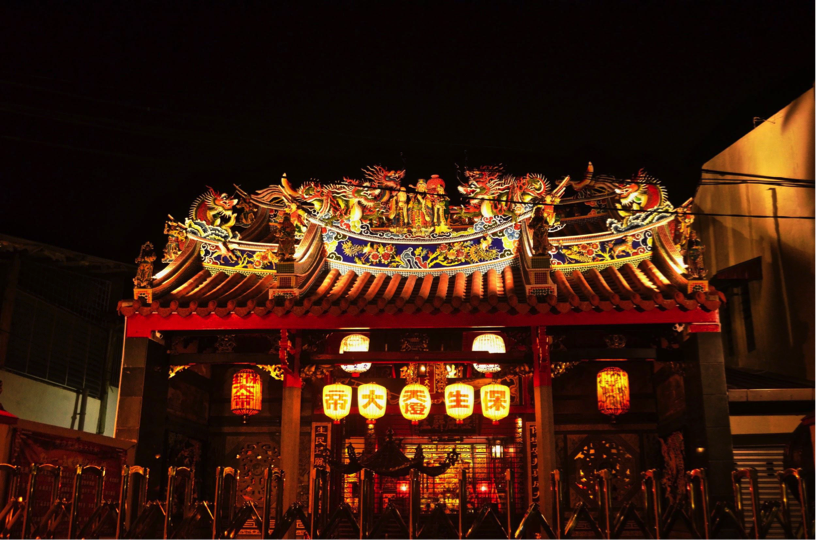98’ AND NOW, CULTURAL ISSUES IN DISNEY’S MULAN
DISNEY’S MULAN DOES NOT HONOR TRADITION
If one has lived in a particular society for some time and come to understand its language, its roots, its traditions, one sometimes wonders what new chances can be taken on cultural classics. Such is the case with Mulan. Recently, we have become aware of a trailer teasing a live-action version of the Disney’s take on the fourth century poem, Ballad of Mulan. With it, we observed the same (or at least a similar) lack of attention to cultural contingencies that make it quite controversial with Chinese audiences.
Most adaptations require some fidelity to the original work on which the adaptation is based. They don’t require transliteration as much as a holistic understanding of the text and its context. In short, adaptation demands translation as much as it requires a human rendering of the social climate, passion, and history in which it exists. While anyone can try their hand at changing a classic to fit modern styles of consumption and new tastes, we must remain vigilant that we are not losing the soul of the work in our attempts to modernize cherished stories.
This complexity, context, and cultural contingency is best addressed by an experienced localizer who understands the language as abstractly as they do personally, always knowing and making the work of translation into the interpersonal and political act that it is.
In the most general way, the issue with the Mulan of today remains unchanged from the 1998 version, and it seems no attempt has been made to change its status as a cultural flop abroad. This issue is the lack of cultural sensibility about the source material, what it means to those who cherish it and how it translates to their experience of the world.
Simply because all three versions (the 2019, 1998, and fourth century) feature a woman at their center does not mean they bring the same meanings of empowerment to the Chinese audience. As students, many of the viewers of the coming and past Mulan films by Disney were asked to recite the poem as part of their education. It symbolizes female power as much as family. Instead, Disney has chosen twice to depict Mulan in the twist of a romantic subplot which takes away from its powerful message about female empowerment, independence, and ability.
In addition, Mulan strays from its roots in folklore and national identity. We predict that the live action version will be met with the same political and personal offense that the first film brought. In fact, because the first film was such a widespread failure, it may not even make it to Chinese shores. Perhaps that is for the better as Chinese audiences will be spared a live action interpretation that strays so far from its inspiration.
For businesses that launch products and campaigns on an international scale, AAA Translation offers expertise and fluency in cultural sensibility, history, and context. Hiring an expert translation firm to handle everything from marketing copy to interpersonal emails is a savvy choice for a company that does not want to lose esteem and favor to costly international mistakes.
AAA Translation is a leader in global languages and consulting that specializes in helping businesses cross language and cultural boundaries with confidence.



